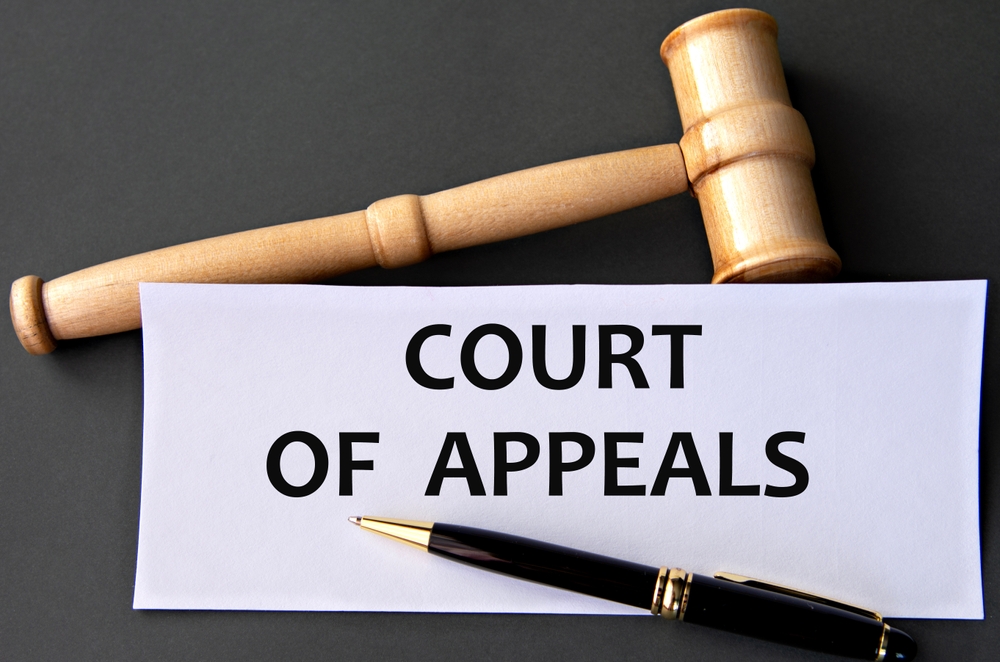Injured worker’s civil suit against employer, co-worker reinstated
- September 26, 2025
- Posted by: Web workers
- Category: Workers Comp

A Louisiana appellate court overturned a grant of summary judgment dismissing a worker’s civil suit against a co-employee and his employer, finding there was a triable question as to whether the defendants knew, or should have known, his injuries were substantially certain to occur.
Johnny Wimbley was working for McLiney Centers LLC when he suffered injuries in a 2019 forklift accident he claimed was the result of an “intentional act” by a co-worker, also named in the lawsuit, according to Wimbley v. McLiney Centers LLC, filed April 9.
Mr. Wimbley asserted that he was entitled to a tort remedy because of the intentional act exception to workers compensation exclusivity. A trial judge granted a summary judgment, stating that he did not meet his burden of proof.
The Court of Appeal for the 3rd Circuit of Louisiana said the intentional act exception to workers compensation exclusivity requires a showing that the defendants either consciously desired to harm the employee or that it was “certain and inevitable that the accident was going to occur.”
The judge’s reasons for granting the motion for summary judgment focused on whether the defendants consciously desired to cause Mr. Wimbley’s injuries. However, it was not clear whether the judge considered whether the defendants knew, or should have known, that the injuries were substantially certain to result from the co-worker’s actions.
The court, in remanding the case, said Mr. Wimbley produced sufficient evidence to create genuine issues of material fact regarding whether the defendants knew, or should have known, that his injuries were substantially certain to occur due to the actions of his worker.
WorkCompCentral is a sister publication of Business Insurance. More stories here.



